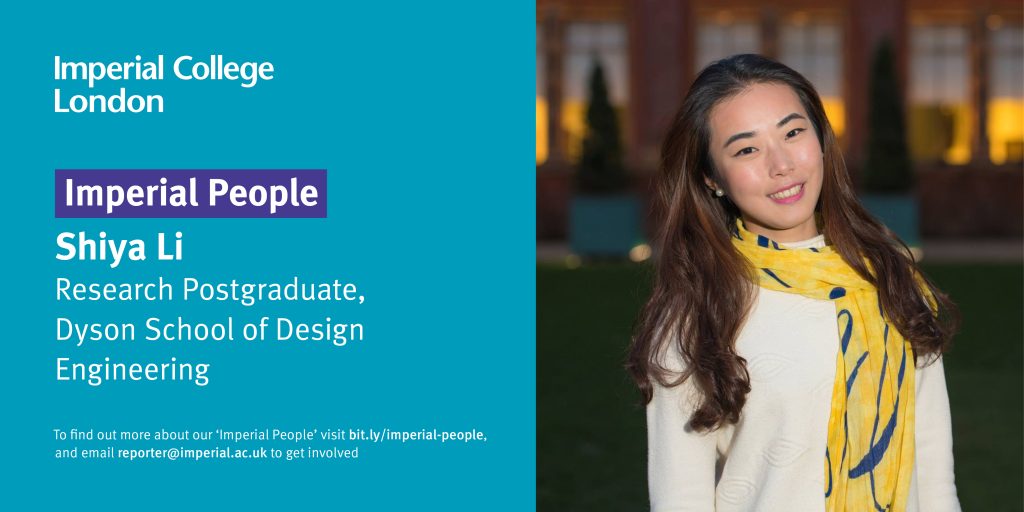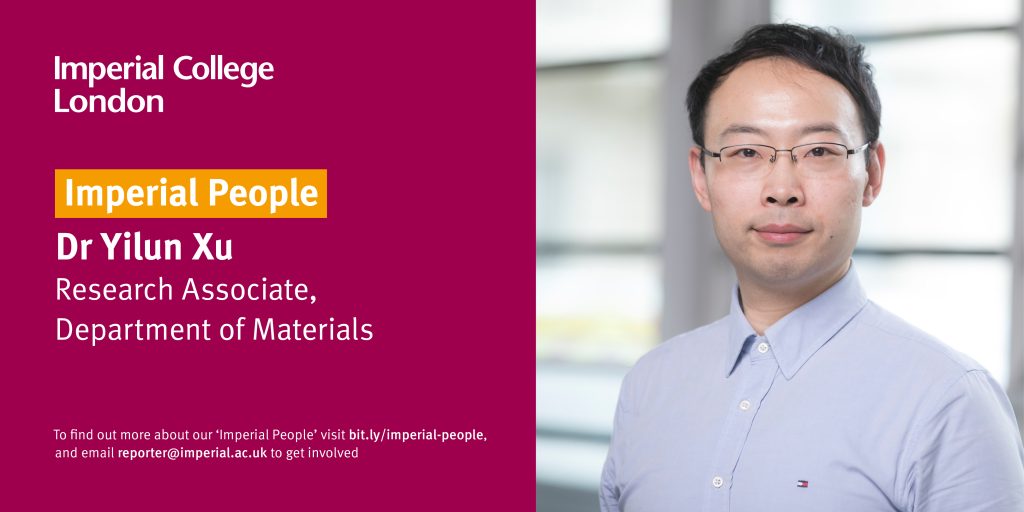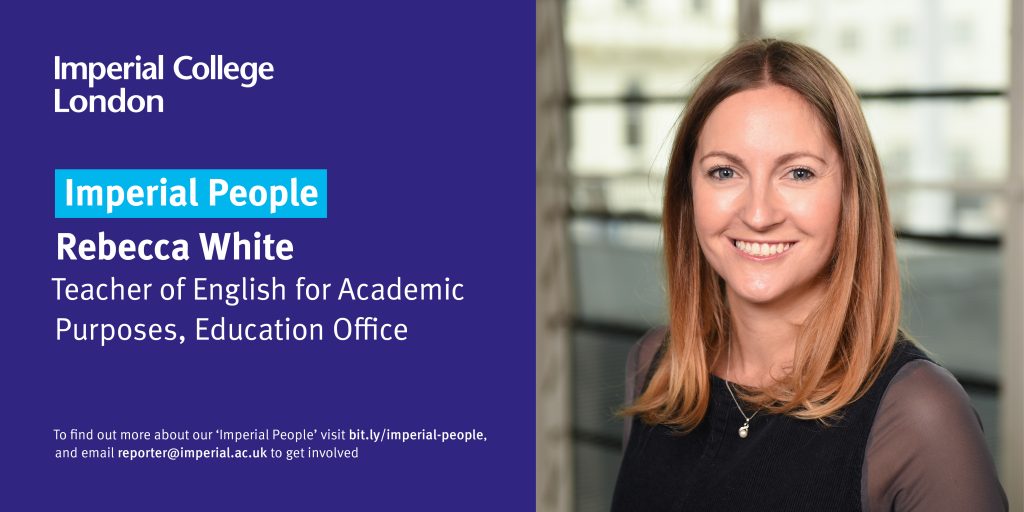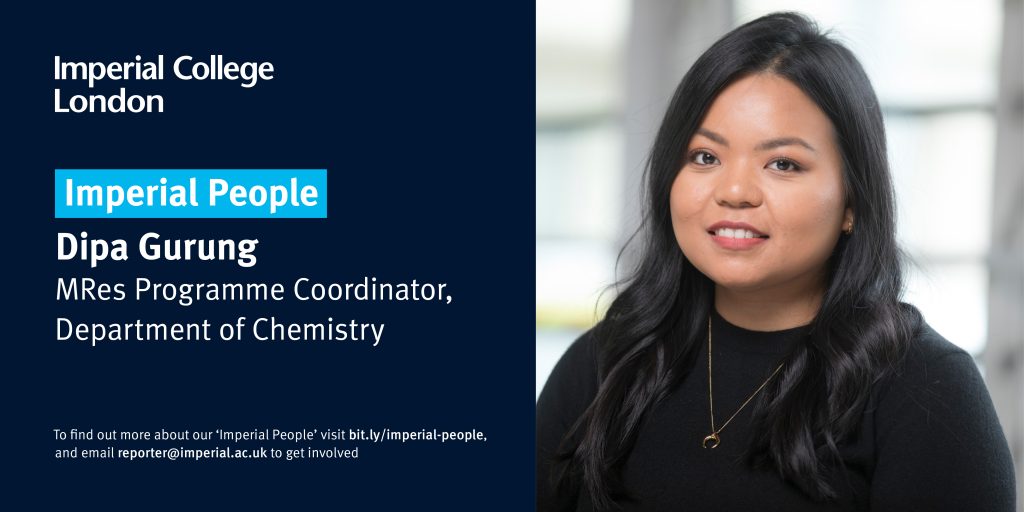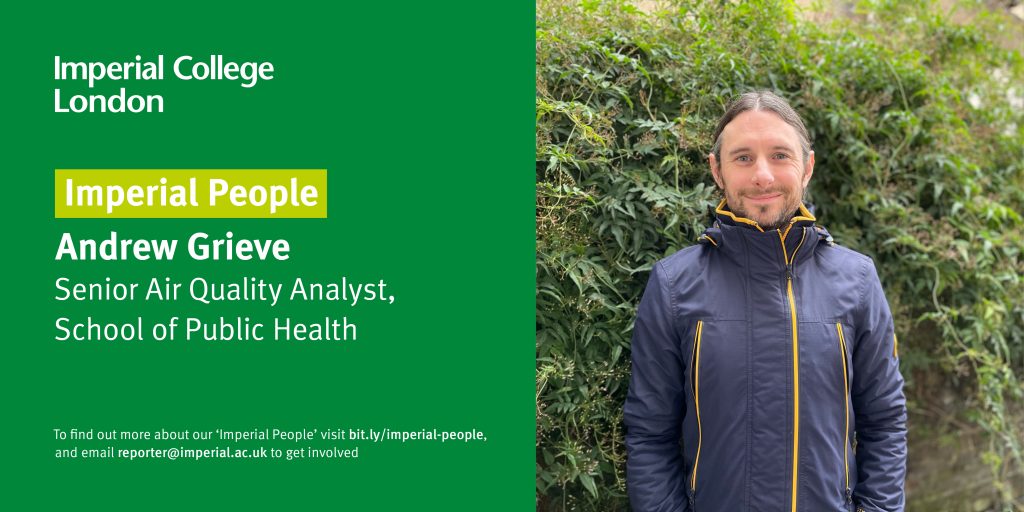
“I’ve been able to combine my twin passions of air quality and digital technology to design and develop several air quality apps over the years.”
I suffered from asthma as a child and always had a Ventolin inhaler in my pocket from primary school, so I was always interested in lungs and breathing and what would trigger an attack.
I studied Environmental then Computer Science at Stirling University and was keen to pursue a career in science but ended up in the School of Public Health’s Environmental Research Group (ERG) somewhat by accident after I saw a job advertised in the back pages of New Scientist – which I picked up by chance in Tesco on South Clerk St in Edinburgh. I never imagined I’d end up living and working in London, but I feel incredibly lucky and grateful to have landed in ERG. (more…)
